We are all aware that most of the brown sugar in stores is actually white sugar with added molasses. But let's talk about that darker natural brown sugar. Is it more expensive? And what exactly is Muscovado sugar?
You will find the answers to these questions below in the article.
What is Muscovado sugar
Simply put, it is an unrefined cane sugar in which the molasses is not removed. It is usually designated as light (with less molasses) or dark (the opposite).
Taste and texture of Muscovado brown sugar
This sugar is amazing. Its texture is like wet sand, moist and slightly sticky. When you taste it, you will first feel the sweetness, which then quickly dissolves into a rich herbal bitterness. There are slight hints of fruit and caramel flavor, which leads to building a much more complex profile than with regular white sugar or even other types of brown sugar. It leaves an intriguing aftertaste.
Muscovado contains higher levels of various minerals than processed white sugar and is considered by some to be a healthier option.
Muscovado Brown Sugar Applications
Its main applications are in food and confectionery, the production of rum and other forms of alcohol. You can add Muscovado to barbecue sauce or other spicy dishes. Rest assured - the results will be excellent.
Use this wholesome sweetener in recipes that highlight its complex yet subtle flavors, such as ginger pastries, ice cream, plain pastries and more. It goes well with chocolate and can also be mixed into coffee. It offers good resistance to high temperatures and has a relatively long shelf life.
History of Muscovado Brown Sugar
Most of this cane muscovado sugar comes from the island of Mauritius, off the coast of Africa and India. The name Muscovado comes from Portuguese - açúcar mascavado (unrefined sugar).
The sugar processing process was invented in the Indian subcontinent 8, 000 years ago when sugar cane was cultivated by the Bronze Age civilization.
Sugar production was an important part of trade in the British Empire. Sugar was produced in the British colonies of the West Indies, India, Mauritius and Fiji, as well as in other territories including Cuba, the French West Indies, Java, Brazil, Puerto Rico, the Philippines, Reunion and Louisiana. Sugarcane production often involved slavery or exploitative subjugation.
Raw sugar was sent to Europe - England, where it was refined and distilled into rum, much of which was sold at higher prices. Sugar refineries were also established in Bihar, in the eastern part of India.
Manufacturing Muscovado brown sugar
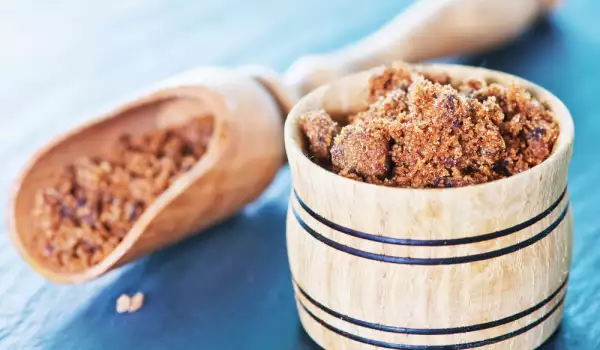
Total world production is 10 to 11 million tons per year from 20 countries. The largest producers are India, Colombia, Myanmar, Pakistan, Brazil, Bangladesh and China.
In India, most Muscovado sugar is produced by 150 small and medium-sized private producers who use traditional organic processing methods. On the island of Mauritius, centrifuges are used, after which the molasses is left to drain. Muscovado production in the Philippines, Barbados and elsewhere had a long period of decline as large mills took over sugar production from small farmers with small mills. In recent years, increased consumer interest in healthy and organic foods has revived interest in Muscovado sugar, creating a new market for small mills.
Nutritional composition of Muscovado brown sugar
The more naturally produced, Muscovado sugar is even more nutrient-rich, retaining more natural minerals than sugar cane juice.
In 100 g of Muscovado sugar:
Total mineral salts 740 mg
Phosphorus (P) 3.9 mg
Calcium (Ca) 85 mg
Magnesium (Mg) 23 mg
Potassium (K) 100 mg
Iron (Fe) 1.3 mg
Calories 383 kCal
It is a wonderful healthy sweetener with a specific character that and if every person masters it, they will be able to create wonders in the kitchen! Try it yourself and you will not be disappointed, on the contrary, you will have incredible sweetness in your life!
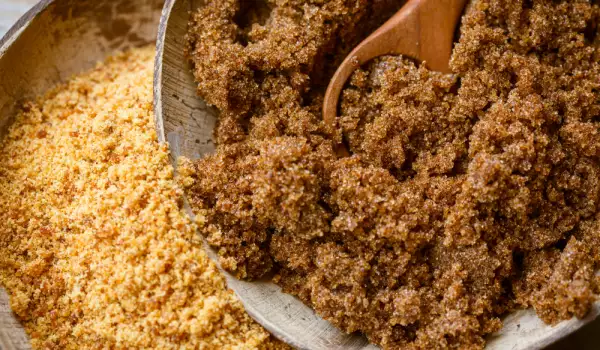
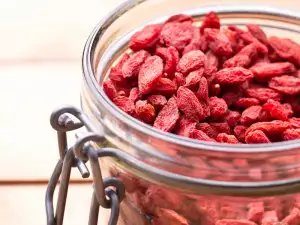
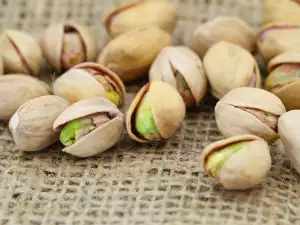

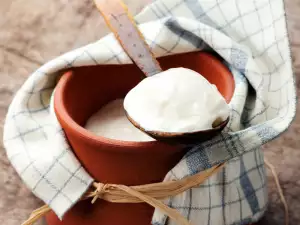

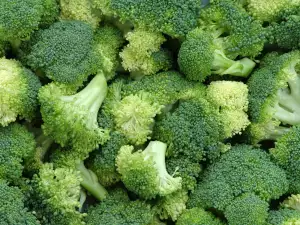

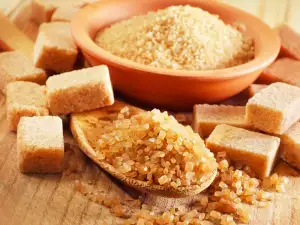
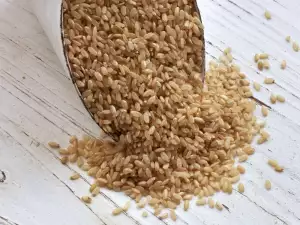
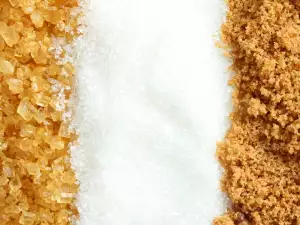


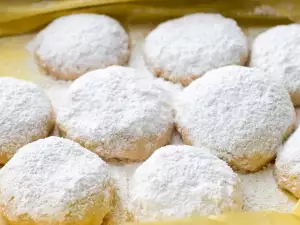
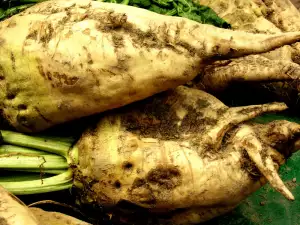
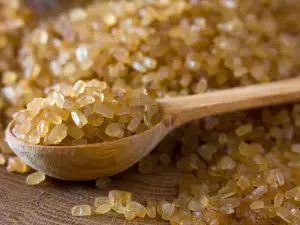




Comments